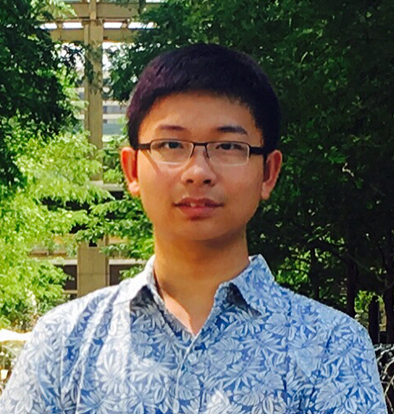Presentation: The State of Serverless Computing
This presentation is now available to view on InfoQ.com
Watch video with transcriptWhat You’ll Learn
- Hear about serverless computing, what it is, what are some of the benefits and drawbacks working with it.
- Listen about the current status of serverless, what to expect from the future, and what Berkeley Research is doing to make that future happen.
Abstract
Serverless computing has become increasingly popular since Amazon released AWS Lambda in 2014. Its appeal lies in the ability to write arbitrary code and deploy it at scale with the “click of a button”, in some sense realizing the original promise of cloud computing. While existing serverless infrastructure works well for a certain class of applications, it also has a number of significant limitations that cripple its generality. For example, stateful applications are forced into well-known anti-patterns like data shipping. In this talk, we briefly discuss both the benefits and shortcomings of existing serverless offerings. We then project forward to the future and highlight challenges that must be overcome to realize truly general-purpose serverless computing, as well as our efforts to get there.
What is the focus of your work today?
I am a PhD student at RISELab at UC Berkeley. My research interest is in distributed systems and database field. In the past couple of years I worked on developing a key-value store called Anna. That's a fast and auto-scaling key-value store. It provides a wide variety of consistency guarantees to the applications. Now our team are using Anna as the storage backend and building a serverless platform on top of that. And serverless is the topic of my talk. I've been recently focusing on building some protocols to enable stronger consistency guarantees for the applications that use our system.
What is the motivation for your talk?
Serverless has become a hot topic these days and has gained a lot of traction. Not only researchers like us are writing papers about this, but also people from industry have build serverless platforms. We've been calling them FaaS, Function as a Service, because what you can do is to write some code and the cloud provider will run the code for you in the cloud. There are certain kinds of workloads that can significantly benefit from today's FaaS offerings, but the problem is if you go beyond that space you'll soon run into some issues because of some of the limitations of today's FaaS offerings which I'll introduce in detail in the talk. These limitations are giving application developers a very hard time building their applications. The goal of this talk is to briefly introduce serverless, why it is very cool, but also talk about the gap between the current FaaS offerings and what applications really want. Finally I'll talk about some of the work we've been doing in order to bridge this gap as well as our vision towards the future of cloud programming.
How would you describe the persona level of the target audience?
This talk can benefit both the application developers as well as IT infrastructure folks. For app developers, if they don't know serverless, this could be a good venue for them to get exposed to the concept and let them think about if their application can benefit from the use of these platforms. If they're already using serverless and experiencing some of the pain points that I'm going to mention in this talk that's even better because now we can first let them know that we're actively working towards solving some of these challenges but also for us it gives us real workloads and use cases to gear us towards the right research direction. Also for infrastructure folks, they are working on building serverless platforms like what we're doing, so I'm sure this talk will open up some interesting discussions about what are the key next steps to take in order to build the next generation serverless platforms. I think the QCon venue is especially helpful because we get to hear a lot of opinions from industry folks which I'm sure will be very different from what we usually see in academic papers. We'll try to avoid presenting super technical algorithms, so the content should be pretty friendly to a broad audience.
Similar Talks
Scaling DB Access for Billions of Queries Per Day @PayPal

Software Engineer @PayPal
Petrica Voicu
Psychologically Safe Process Evolution in a Flat Structure

Director of Software Development @Hunter_Ind
Christopher Lucian
Not Sold Yet, GraphQL: A Humble Tale From Skeptic to Enthusiast

Software Engineer @Netflix
Garrett Heinlen
Are We Really Cloud-Native?

Director of Technology @Luminis_eu
Bert Ertman
The Trouble With Learning in Complex Systems

Senior Cloud Advocate @Microsoft
Jason Hand
How Did Things Go Right? Learning More From Incidents

Site Reliability Engineering @Netflix
Ryan Kitchens
Graceful Degradation as a Feature

Director of Product @GremlinInc
Lorne Kligerman
What Breaks Our Systems: A Taxonomy of Black Swans

Site Reliability Engineer @Slack, Contributor to Seeking SRE, & SRECon Steering Committee
Laura Nolan
Cultivating High-Performing Teams in Hypergrowth

Chief Scientist @n26
